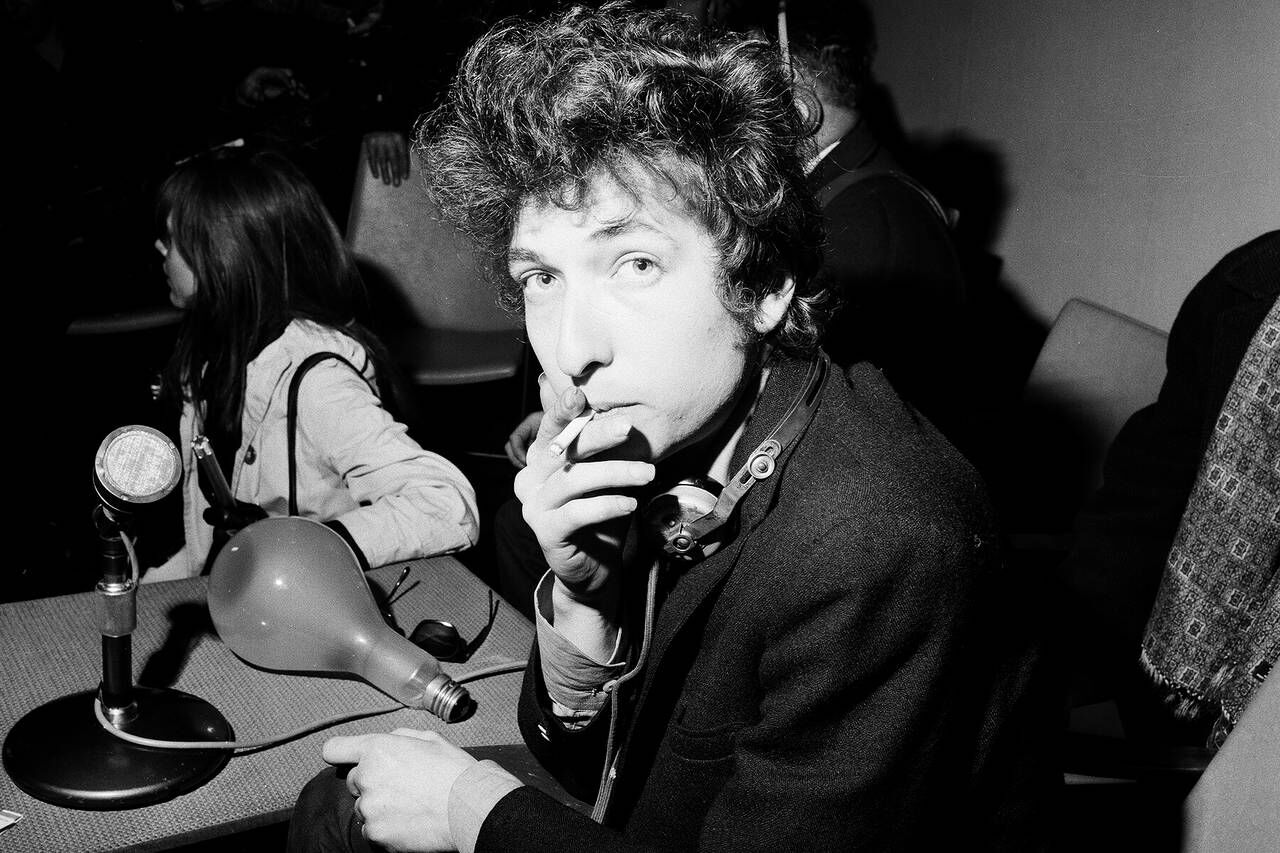Nobel Laureates and their breakthroughs
The Nobel Prize is a set of awards bestowed annually to those who have made advancements in the fields of Physics, Chemistry, Physiology, Literature, Economic Sciences and the promotion of peace. 2016 was filled with numerous cultural, scientific and academic headways, but it all comes down to this year’s Laureates and their extraordinary discoveries.
The Nobel Prize in Physics was awarded to David Thouless of the University of Washington, Duncan Haldane of Princeton University and J. Michael Kosterlitz of Brown University. Using topology, a branch of mathematics that studies what properties are preserved when objects are twisted or deformed, the three in essence made further advancements on how properties of matter are affected by cold or condensed states. For example, they were able to clarify mysteries such as how super-cold films of helium change their phase of matter. And further, how those phase transitions can then change their properties– in other words, how temperature affects films of helium and its properties. This discovery has led to the formation of new types of materials, ones that can conduct electricity on their surface as well as others that can conduct a lot of electricity with little resistance. This could perhaps replace the use of copper in computers.
Jean-Pierre Sauvage of the University of Strasbourg, Sir J. Fraser Stoddart of Northwestern University and Bernard L. Feringa of the University of Groningen were awarded the Nobel Prize in Chemistry for the synthesis of molecular nano-machines. These machines are a thousand times smaller than the width of a hair, yet can still move about. This, Feringa believes, can be used to hunt cancer and monitor vital health in the body or develop tiny energy-storage devices to power computers. While it may be too soon to say, many scientists still agree that this tiny invention is an enormous stepping-stone for techno-logical advancements in chemistry.
The Nobel Prize in Literature was awarded to singer-songwriter Bob Dylan. While this decision was met with a lot of controversy, the Nobel Committee announced that Dylan won for having created new poetic expressions within the great American song tradition. For decades, Dylan has constantly gone against the norms of musical trends, instead promoting craftsmanship and self-expression. Its safe to say that he is one of the most important pop-culture figures of his generation. So while he may not the most conventional Laureate, there’s no denying he deserves to be one.
Molecular biologist Yoshinori Ohsumi was awarded the Nobel Prize in Physiology or Medicine for his discoveries in autophagy. This field relates to the degrading and recycling of cellular components. “Essentially, the cells act like cannibals and break down parts of themselves to fight off infections with bacteria and viruses, and generate energy under stressful situations,” explains Julia Beluz. Ohsumi’s work has led to the better understanding of the mechanisms needed to adapt to various conditions. This breakthrough has now led to autophagy to becoming one of the most studied fields in biomedical sciences.
The Nobel Peace Prize, by definition, is “awarded annually to those who have done the most or the best work for fraternity between nations, for the abolition or reduction of standing armies and for the holding and promotion of peace congresses.” This year, it was awarded to the President of Colombia Juan Manuel Santos for his resolute efforts to bring the country’s more than 50-year-long civil war to an end. The conflict with the FARC guerrillas has cost more than 220,000 lives and displaced more than 6 million people.
Finally, the Nobel Prize in Economics was awarded to Bengt Holmström of the Massachusetts Institute of Technology and Oliver Hart of Harvard University. They both contributed to the understanding of how the “optimal contract carefully weighs risks against incentives,” according to the Committee’s press release. In other words, there is no such thing as a perfect contract, or legally binding agreement; no document specifies every single reward and conse-quence. Holmström and Hart’s study acts as a mere “reminder that there is more to economic theory than whole-economy models,” observed Matty Glesias of Vox.
The Nobel Laureates take center stage in Stockholm on December 10, when they receive the Nobel Medal, Nobel Diploma and a document confirming the Nobel Prize amount from King Carl XVI Gustaf of Sweden.
Image courtesy of Google Images
